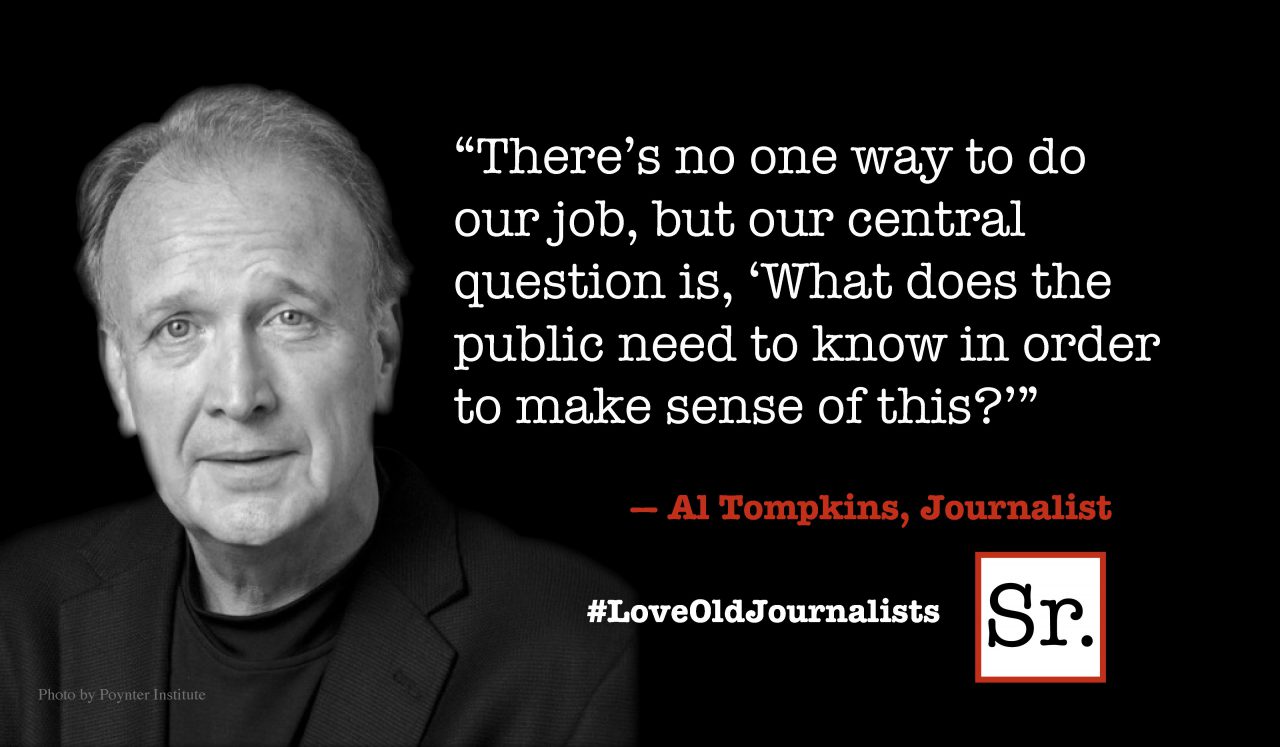It’s true that our parents and our teachers told us we didn’t have to bother our pretty little heads with things like arithmetic. Besides, it would be harder for us to find a husband if we were too smart …
Sound familiar? Well, this was a carryover from our mothers’ and grandmothers’ social reality, perhaps, but not ours.
However, traces of this nonsense still lingered when baby boomers were growing up, and it resulted in many girls turning off to math as teens. The social pressures may have softened a bit over the years since then, but somehow the belief about women’s difficulty with numbers has persisted.
So a lot of women have thrown up their hands and declared it impossible for them to “do finances.”
They’ve claimed it was their biology … and that they were just reflecting biological differences in the math aptitudes of boys and girls.
Turns out, instead the difference was almost entirely social. In fact, we can forget biology, as “social equality” seems to be what plays a dominant role in any actual test results.
Here’s the proof: PISA, or the Programme for International Student Assessment, is part of the Organization for Economic Cooperation and Development (OECD). In 2006, over 275,000 15-year-old students in 40 countries took the PISA test.
Globally, girls did score 7 percent better in reading than boys and, on average, did 2 percent worse in math. But the math gap wasn’t consistent.
It seems the math gap shifted depending on how much “social equality” existed in each country. In Iceland, for example, the girls outscored the boys in math by 2 percent. Yet in Turkey, boys outpaced girls in math by 4 percent. The performance differences implied a direct correlation with the status of women, even if the correlation wasn’t perfect.
Now, the U.S. is a country where women enjoy a high social status. Yet we continue to let this minute global difference hold us back.
Add to that excuse the myth that we have to be good at numbers in order to get control over our finances. (And some women do use this myth as an excuse to not even try.)
One small detail: we’re not talking about rocket science here.
The only exception would be if we’re into real sophisticated investments in our portfolios and we’re analyzing a beta coefficient, or risk factor. But, short of that, everything we need to get control over our finances we learned before the sixth grade. We can add, subtract, multiply and divide, can’t we?
So this myth is debunked!
On the other hand, it’s possible that the real resistance isn’t “being good at numbers,” but rather what the numbers might tell us.
Shelves of books exist on the role of self-worth, fear, blame, guilt and shame in people’s unwillingness to know where they stand financially. We won’t go into all the details here, but everyone I’ve worked with has told me (once they were willing to get honest about their financial reality) that it was never as bad as they had imagined.
It rarely is. But when we don’t know the truth about our numbers, we imagine the absolute worst. And that paralyzes us.
Yet by knowing the numbers, they suddenly hold far less power over us. Like magic. They become just numbers.
So do you think it’s time to come out from behind the myths and get honest with what you own, what you owe, what you earn and what you spend?
Let me know in the comment section below if the “Girls Can’t Add” belief has kept you from getting real clarity on your numbers …









